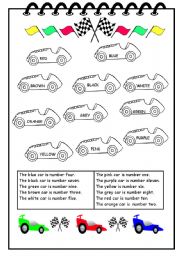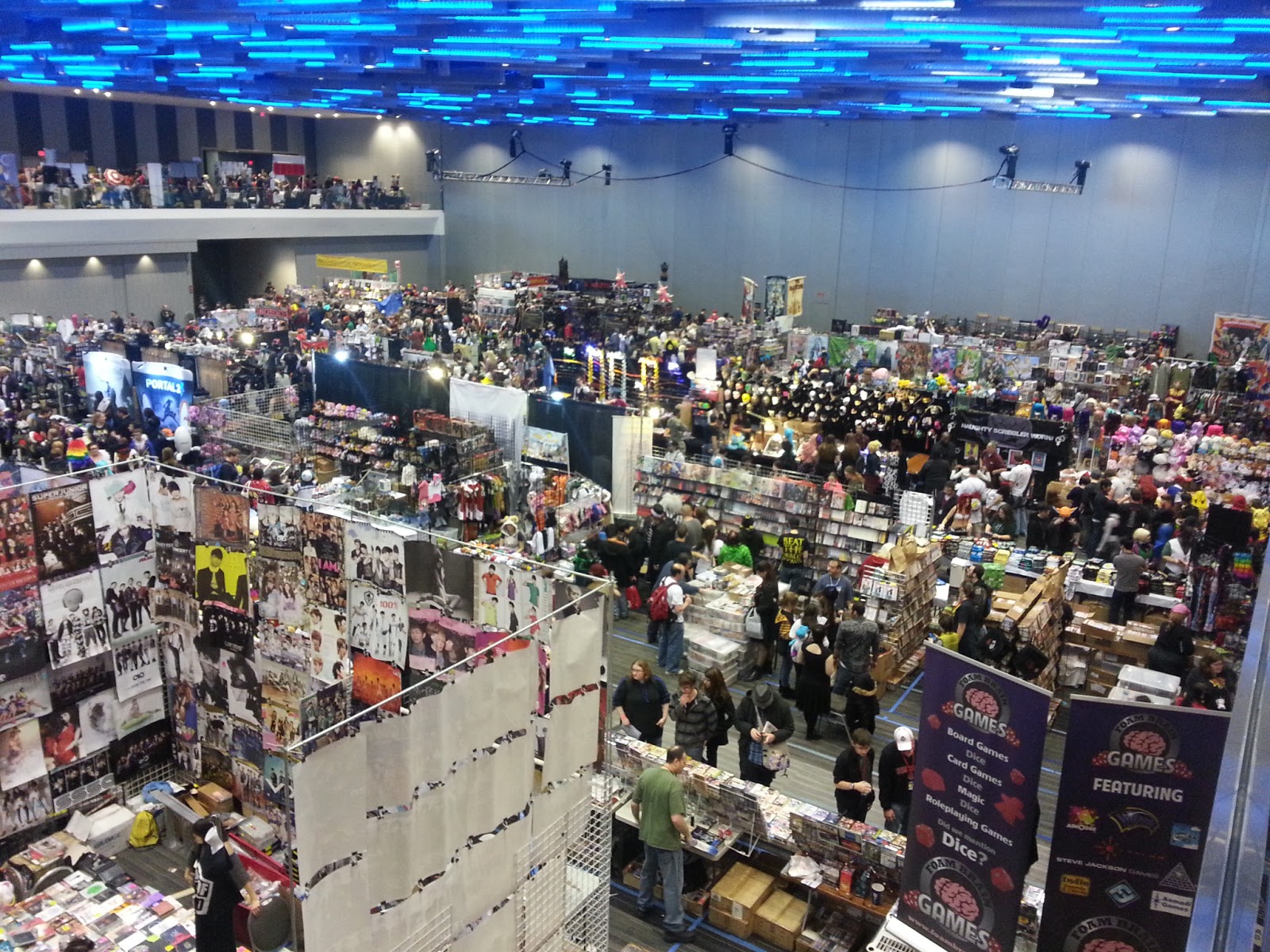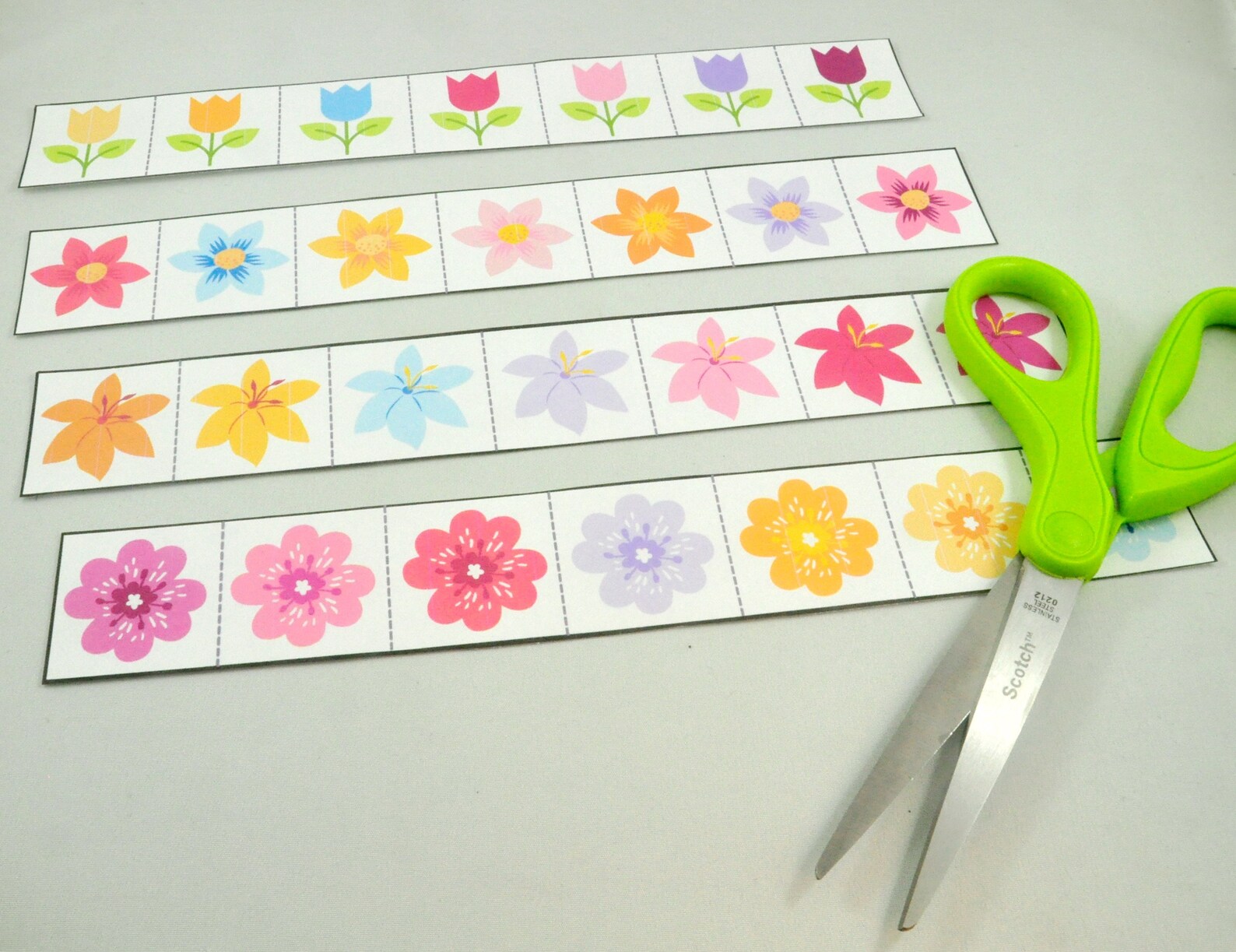pig mud
Table of Contents
Table of Contents
If you’re an artist, you know the challenges of creating realistic and compelling drawings. One issue that arises for many artists is how to accurately depict mud. Muddy drawing can be difficult to master, but with the right techniques and practice, it can become a rewarding skill to have in your repertoire.
The Pain Points of Muddy Drawing
One problem that artists encounter when drawing mud is how to make it look wet. Muddy areas tend to be darker and shinier than surrounding areas, so it can be tough to capture those details. Additionally, mud is often depicted as a messy, uneven substance, which can be difficult to reproduce on paper. Finally, muddy environments are often complex, with many layers of mud, water, and plant life to consider. All of these factors can make muddy drawing a challenging task.
The Target of Muddy Drawing
The target of muddy drawing is to accurately capture the appearance and texture of mud in your artwork. This can involve a range of techniques, including shading, stippling, and creating textured backgrounds. The goal is to create a realistic and convincing representation of mud that adds depth and interest to your artwork.
Key Points on Muddy Drawing
To effectively draw mud, it’s important to focus on the following techniques:
- Creating realistic textures with shading and stippling
- Using a variety of tones to create depth
- Depicting wetness with highlights and shadows
- Adding complexity through the use of plants and other elements found in muddy environments
Muddy Drawing: My Personal Experience
I’ve always found muddy drawing to be a significant challenge, but I’ve learned a few things over time that have helped me improve. One approach that’s been useful for me is using a variety of textures, including stippling and crosshatching, to create a sense of depth. Additionally, I’ve found that paying close attention to the lighting and shadows in muddy environments can be crucial for accurately capturing the appearance of mud. Finally, I try to incorporate bits of plant life, such as grass or reeds, into my drawings to add complexity and make the mud appear more realistic.
 Techniques for Creating Realistic Mud
Techniques for Creating Realistic Mud
When drawing mud, there are several techniques you can use to make it look realistic. First, consider the overall texture of the mud. Is it smooth or lumpy? Does it have debris mixed in? These factors will impact how you create your mud texture. Also, play around with different tones to add depth to your drawing. Use darker tones to depict wet areas, and lighter tones for drier areas. Finally, remember that mud is always changing, so adding splatters or footprints can help create a more dynamic and realistic appearance.
 ### Mud Drawing and Depth
### Mud Drawing and Depth
One of the essential components of creating a compelling muddy drawing is adding depth to your artwork. To achieve this, consider incorporating contrast and layering to your drawing. Additionally, pay close attention to the small details, such as the reflection of light off the mud’s surface or small air pockets within the mud. All of these elements will add depth and make your muddy drawing more engaging.
 Common Questions about Muddy Drawing
Common Questions about Muddy Drawing
1. Is it possible to draw realistic mud without incorporating other elements like plants or footprints?
Yes, it is possible. However, adding these elements can help create a more dynamic and realistic appearance.
2. Are there any shortcuts to drawing mud, or does it require a lot of practice and technique?
There are no shortcuts to drawing mud. Creating a realistic muddy drawing requires patience, practice, and a good understanding of technique.
3. How can I make my muddy drawing look more three-dimensional?
To create a more three-dimensional muddy drawing, consider adding texture through shading and stippling, and adding layers of contrast to create a sense of depth.
4. What types of drawing tools are best for creating a muddy drawing?
A combination of tools can be useful when creating a muddy drawing. Pencils and charcoal can create a range of tones, while stippling tools can be used to create textures. Additionally, adding paint or ink to your work can help create a more dynamic appearance.
Conclusion
Muddy drawing can be a challenging task, but with the right technique and practice, it can be a rewarding skill to have. Consider utilizing a variety of textures, tones, and elements when drawing mud to create a realistic and compelling appearance. Paying close attention to the lighting and shadows in muddy environments, as well as small details and layering, can also help create a more dynamic and engaging muddy drawing.
Gallery
Download Mud Coloring For Free - Designlooter 2020 👨🎨
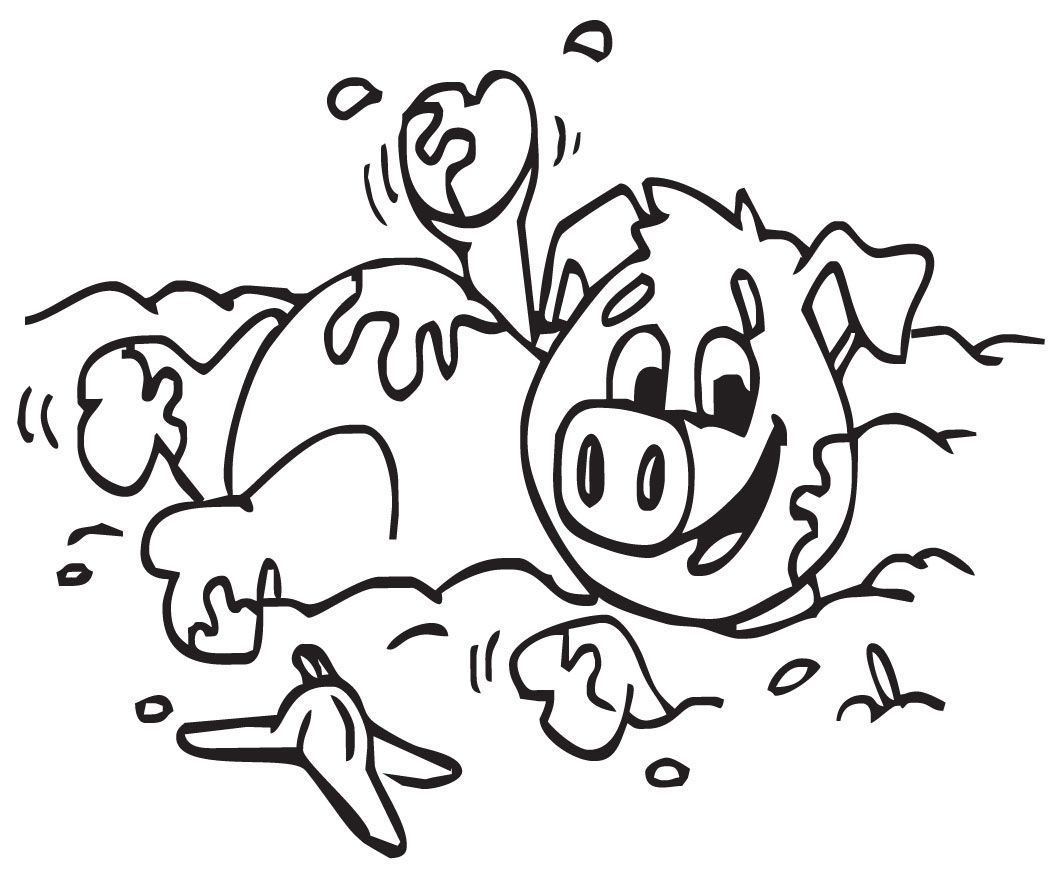
Photo Credit by: bing.com / mud dirty library designlooter
Westie Muddy Westie Drawing By Kim Niles | Fine Art America
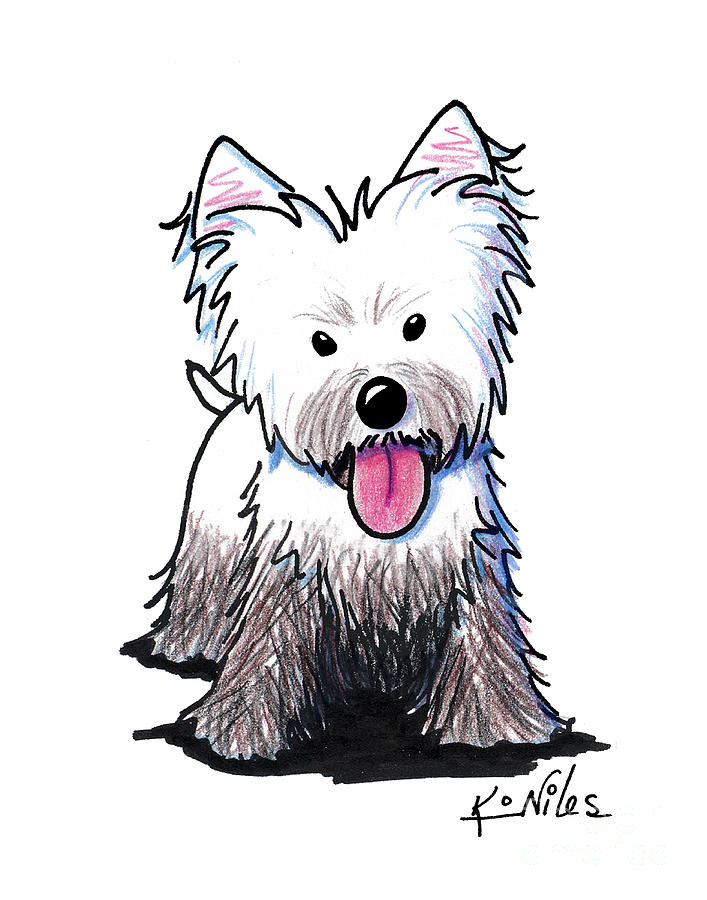
Photo Credit by: bing.com / westie muddy niles kim dog drawings drawing terrier west highland cute dogs westies puppy clip stamps animals cairn coloring 19th
#pig*mud - Pigs In Mud Clip Art - Png Download - Full Size Clipart

Photo Credit by: bing.com / mud pig clipart clip pigs transparent vector pinclipart
Download Puddle Coloring For Free - Designlooter 2020 👨🎨
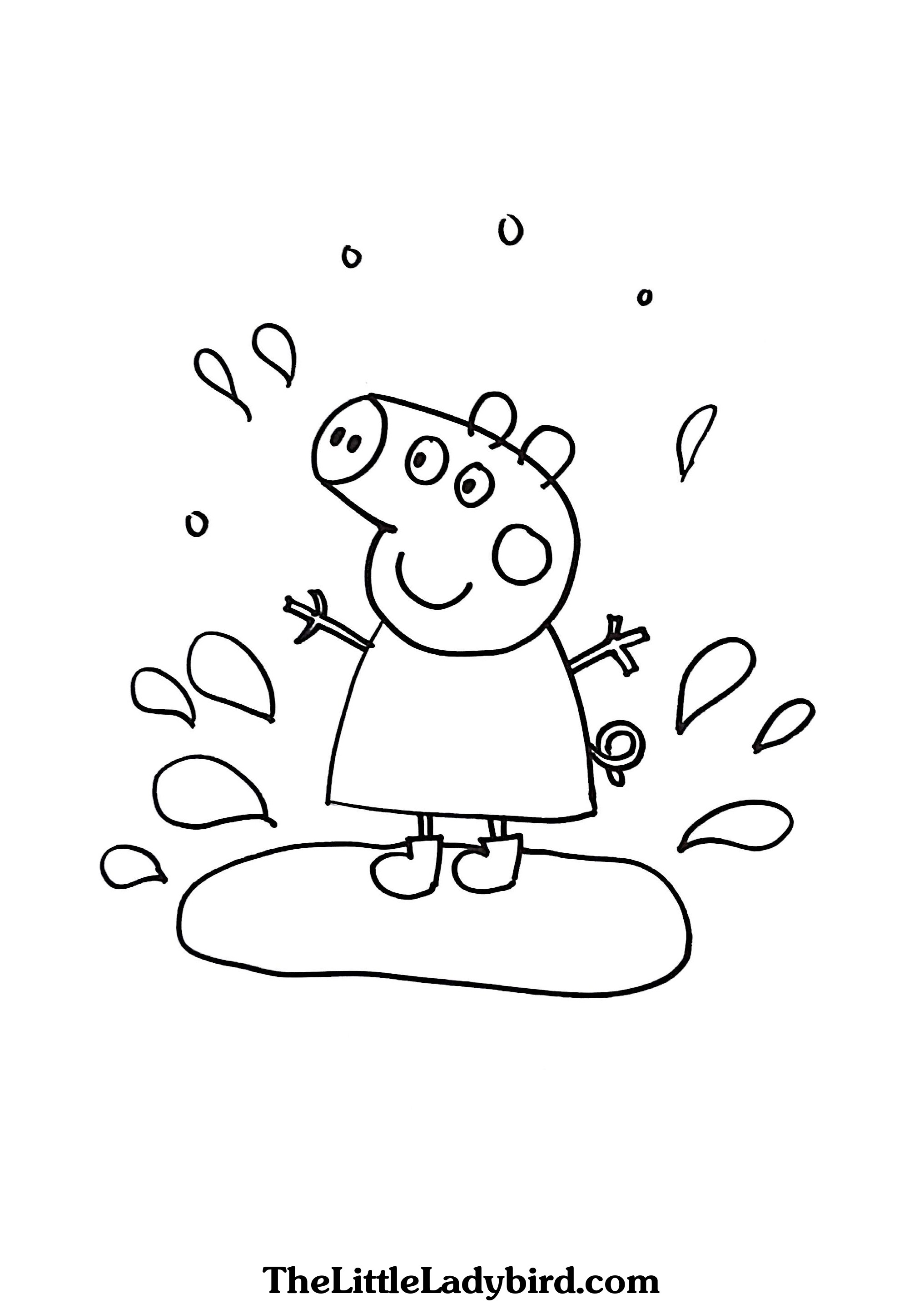
Photo Credit by: bing.com / puddle coloring muddy jumping peppa pig drawing template clip designlooter drawings getdrawings 2034 64kb
Muddy Drawing | Free Download On ClipArtMag
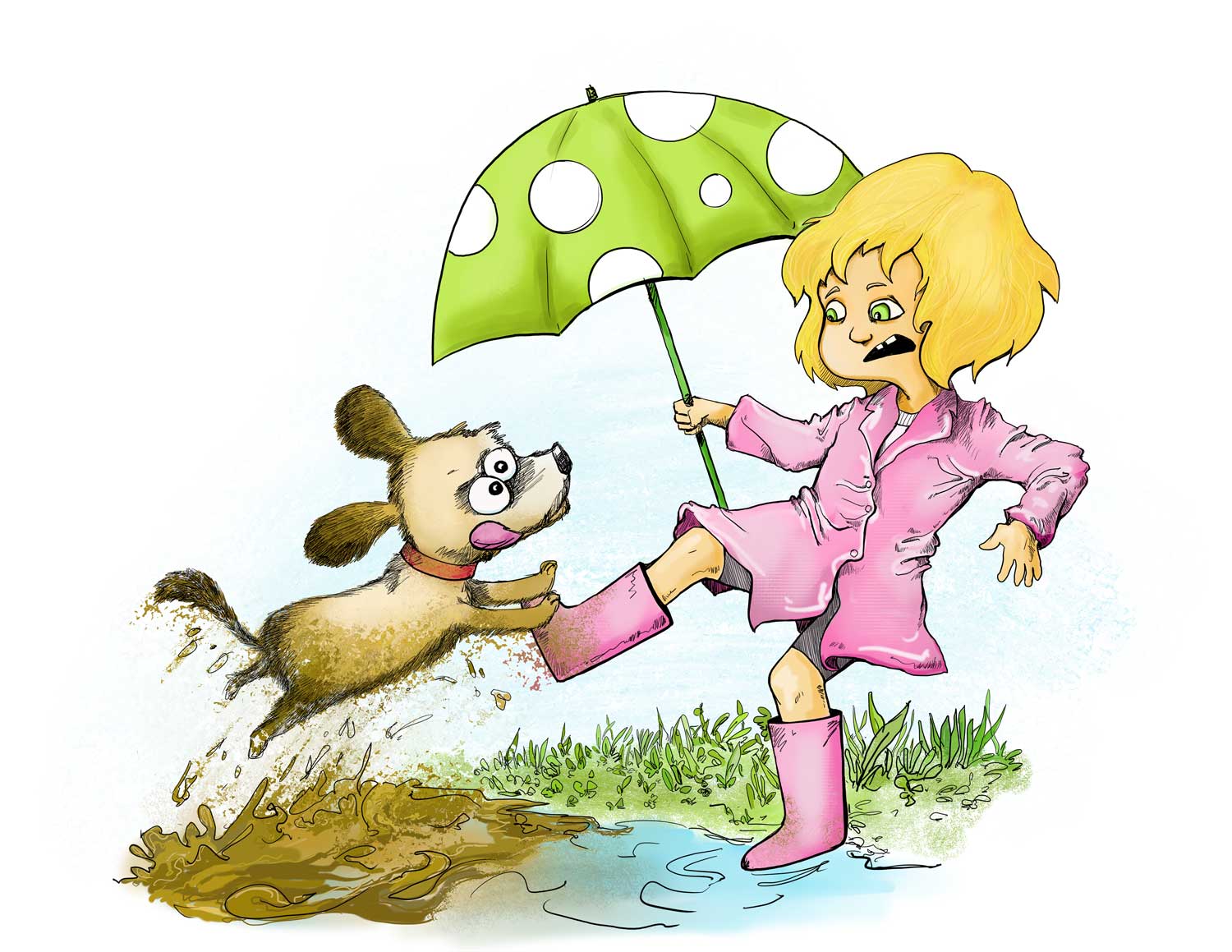
Photo Credit by: bing.com / muddy clipartmag
